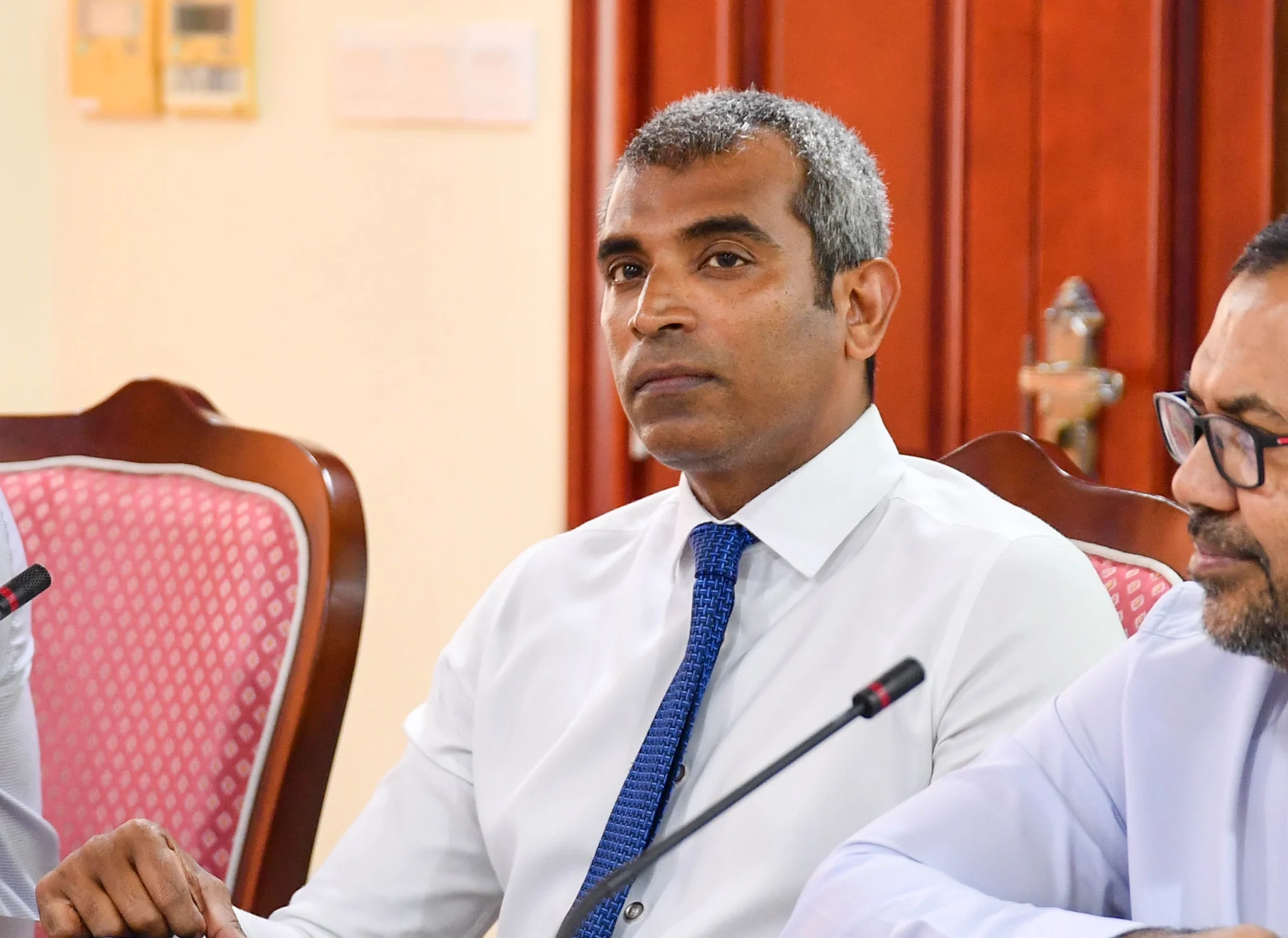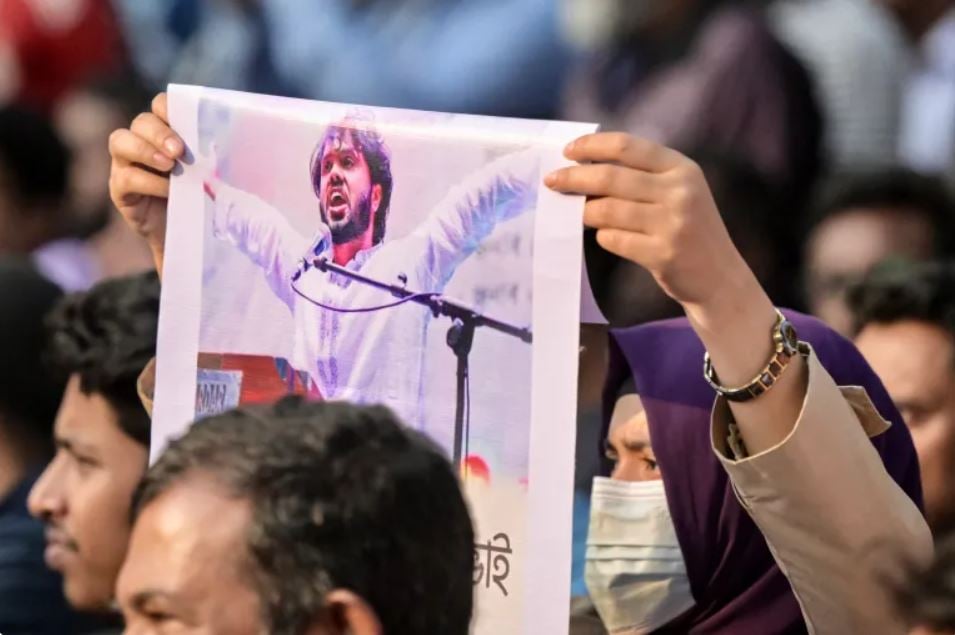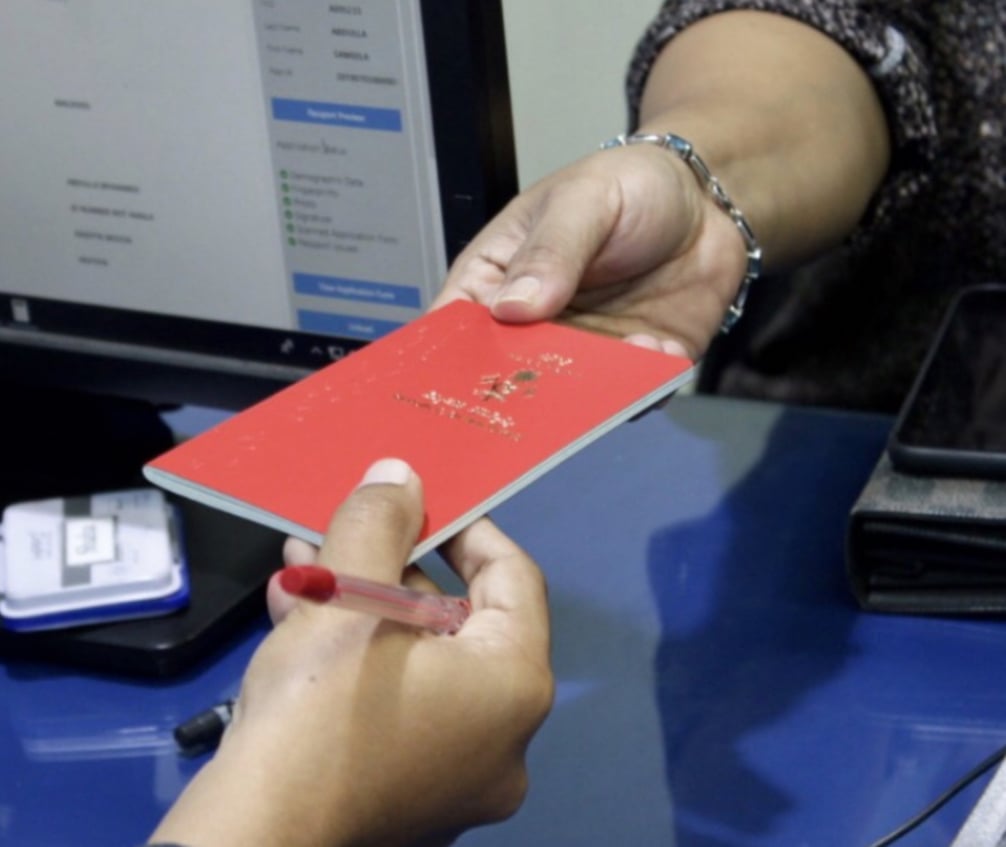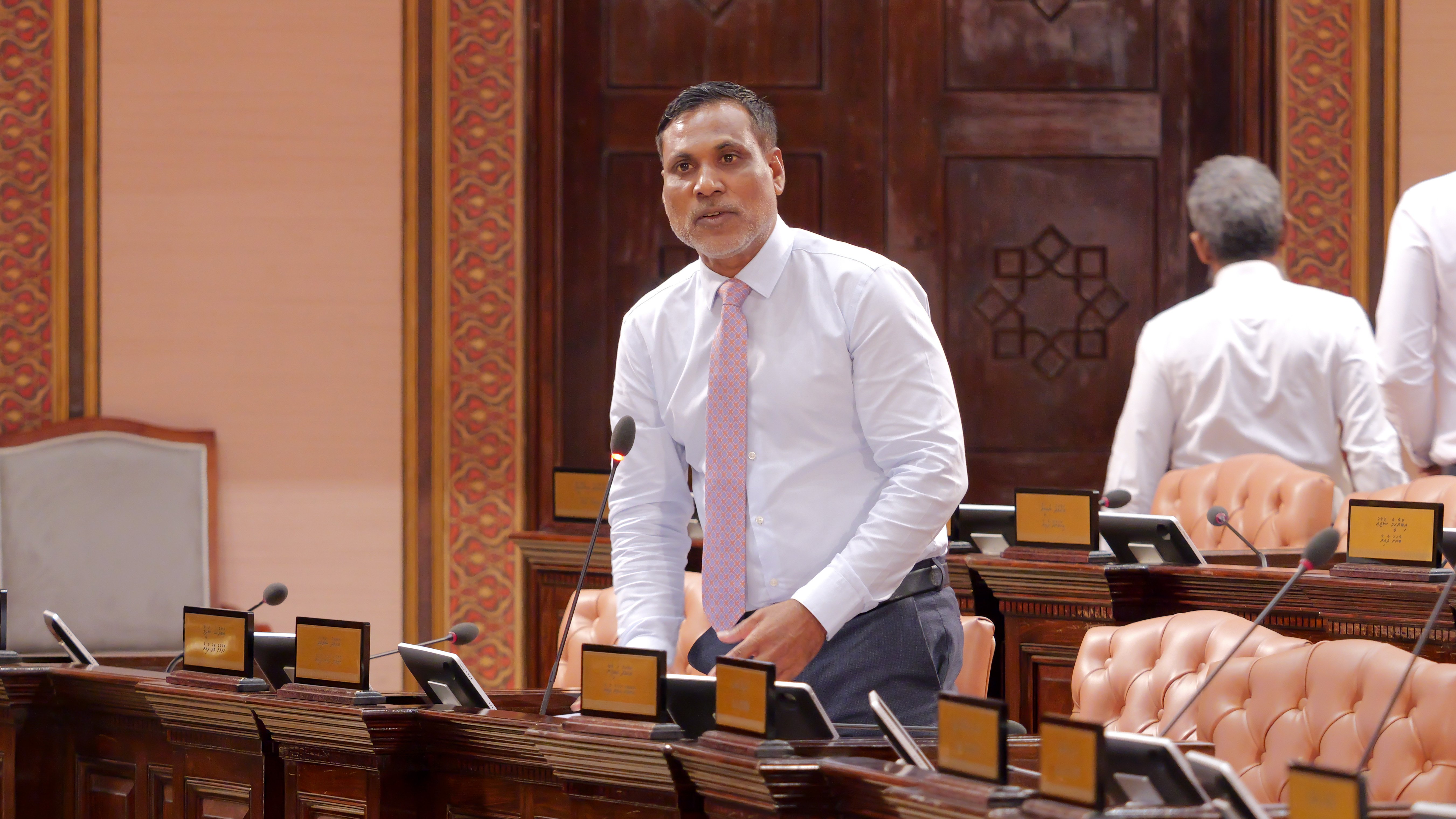The Auditor General’s Office has issued a critical report on government spending, calling it unsustainable and cautioning against escalating expenditures without proper fiscal management.
In a presentation to the Parliament’s Budget Committee, the Auditor General’s Office expressed concerns that debt management strategies are being compromised by delays in implementing necessary fiscal measures. The office advised that government expenditure in all sectors needs to be significantly reduced to ensure long-term sustainability.
The report highlighted a sharp increase in government receivables, which rose from MVR 5.9 billion in 2023 to MVR 7.7 billion, reaching MVR 10 billion as of June this year. Additionally, the government is expected to lose approximately MVR 9 billion due to various concessions.
The Auditor General’s Office also noted issues with the Public Sector Investment Program (PSIP), citing instances where project costs have exceeded budget allocations and some planned projects remain unimplemented. The office attributed these issues to limited enforcement capabilities within the Maldives Inland Revenue Authority (MIRA), affecting fiscal oversight and revenue collection.
The Auditor General's assessment underscores the need for a more stringent approach to state spending and debt management to avoid potential fiscal instability.
In a presentation to the Parliament’s Budget Committee, the Auditor General’s Office expressed concerns that debt management strategies are being compromised by delays in implementing necessary fiscal measures. The office advised that government expenditure in all sectors needs to be significantly reduced to ensure long-term sustainability.
The report highlighted a sharp increase in government receivables, which rose from MVR 5.9 billion in 2023 to MVR 7.7 billion, reaching MVR 10 billion as of June this year. Additionally, the government is expected to lose approximately MVR 9 billion due to various concessions.
The Auditor General’s Office also noted issues with the Public Sector Investment Program (PSIP), citing instances where project costs have exceeded budget allocations and some planned projects remain unimplemented. The office attributed these issues to limited enforcement capabilities within the Maldives Inland Revenue Authority (MIRA), affecting fiscal oversight and revenue collection.
The Auditor General's assessment underscores the need for a more stringent approach to state spending and debt management to avoid potential fiscal instability.


















